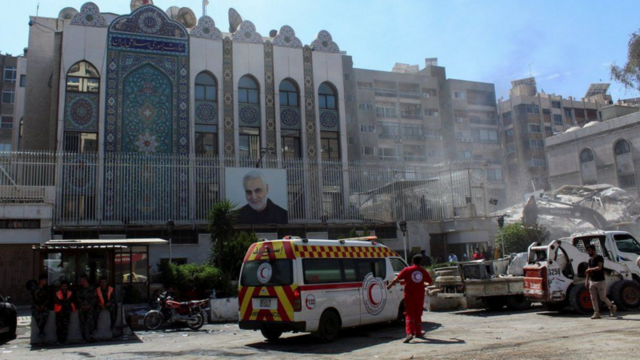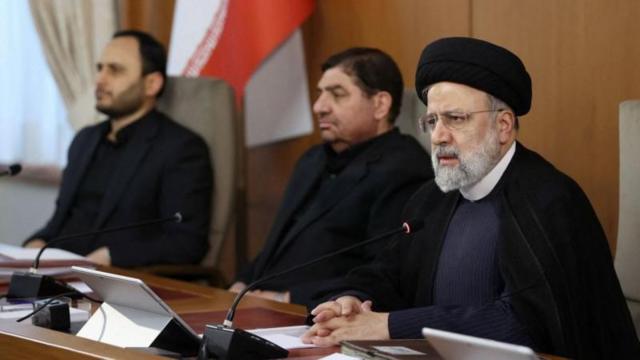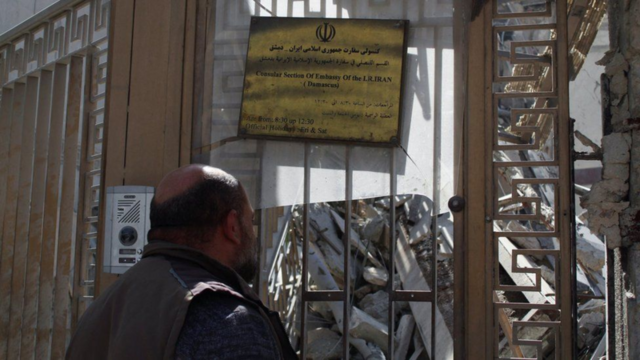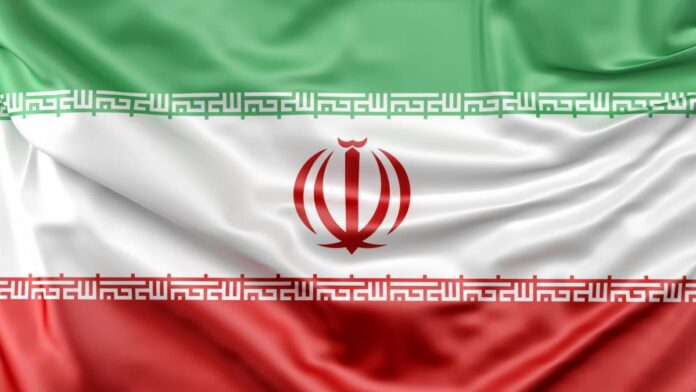Against the background of increasing tensions in relations with Iran in much of Israel, GPS is blocked.
Iran swore to respond to a blow to the building of his consulate in Syria, inflicted on Monday. At that time, 13 people were killed, including the influential General of the Corps of the Guards of the Islamic Revolution of Mohammad Reza Zakhay. It is believed that the blow was caused by Israel; Officially, the country's authorities did not comment on it.
The Israeli Defense Army suspended all the soldiers of combat units and units.
On the eve of the country, the reservists of the air defense units were called up.
Israeli authorities, as far as they can be judged, believes that Iran can attack the country on Friday. This is Al-Kudsa (Arab name of Jerusalem) and the last Friday of the Holy Month of Ramadan. On this day, Propatelisian and anti -Israeli actions are often arranged, especially in Iran.
On Thursday, GPS began in the central part of Israel. This was also felt by residents of large cities, including Tel Aviv and Jerusalem, located far from the war zone in the Gaza sector. Geolocation programs have failed.
Yes, the BBC producer, who was in Jerusalem, showed the phone that she was in Cairo.
GPSJAM monitoring service captures widespread GPS disorders in Israel.
The official spokesman of the tachas Daniel Khagari confirmed that the country works in the country, that is, replacing the GPS signal. The work of this technology has been repeatedly observed, for example, around the Moscow Kremlin.
In Israel, purulent is constantly operating for the last half of a year on the northern border with Lebanon, where shootings with the Proiran Shiite paramilized movement "Hezbolla" are ongoing.
According to Times of Israel, Israelis are recommended to set their location in mobile devices manually to prevent rocket attacks and air alarm to work correctly.
In parallel, the Tahal urged the Israelites to refrain from panic purchases. "There is no need to buy generators, stock up on food and withdraw money in ATMs," Khaagari wrote on the X..

Photo author, Reuters signature to the photo, as a result of the air strike the building of the Consulate (right) near the Embassy of Iran in Damascus was destroyed
Iran promised a rigid response to the Air Force, on Monday at his consultation in the capital of Syria Damascus.
According to Iranian Ambassador to Damascus, 13 people were killed as a result of the attack, including seven members of the Corps of Guardians of the Islamic Revolution (Quir) and six Syrian citizens.
Among the killed - brigade General Mohammad Reza Zaged, an important figure in the special unit "KUDS", the department of Quirus responsible for operations abroad.
Iran and Syria were accused of attacking Israel, which refrained from comments.
The attack provoked an angry reaction of high -ranking officials in the Iranian government, who promised not to leave Israel unanswered.
"We will force them to regret that they committed this crime and resorted to such actions," Iran's supreme leader Ali Hamenei warned.
President Ibrahim Raysie called an attack "inhuman, aggressive and disgusting act […] who will not be response," and Minister of Foreign Affairs Iran Hossein Amir-Abdollachian in a telephone conversation with his Syrian colleague called an attack by a violation of all international obligations and conventions.

Photo author, Getty signature to the photo, President of Iran Ibrahim Raysi (right) - in the photo at a meeting of the Cabinet of Ministers on Tuesday - promised that the attack would not be left unanswered
These comments caused fears of further escalation of violence between Israel and Iran allies against the background of a war in Gaza. But, as experts surveyed, experts say, Iran's opportunities for Iran are probably limited on a scale.
"Iran is not capable of major confrontation with Israel in view of its military potential, economic and political situation," says Ali Sadrzade, an analyst on the Middle East. "

PHOTO AUTHOR, REUTERS
If big hostilities are unlikely what else can Iran do?
"We do not reject that Iran can use cyberspace as another dimension to take revenge on Israel, or make cyberattacks on information technology, break them, steal and drain information, or try to distract at least operational technologies," said the BBC Tal Paul from the Israeli Institute of Research.
"We know that the last year and a half between Iran and Israel has been ongoing cyberwar. So in this case it can be just another stage," he added.
The decision on what actions the country will take will depend on Iran and, in particular, on the supreme leader. So far, the Ministry of Foreign Affairs of Iran, Nasser Kanani, stated that Iran “reserves the right to act and will make a decision on the type of answer and punishment of the aggressor”.


